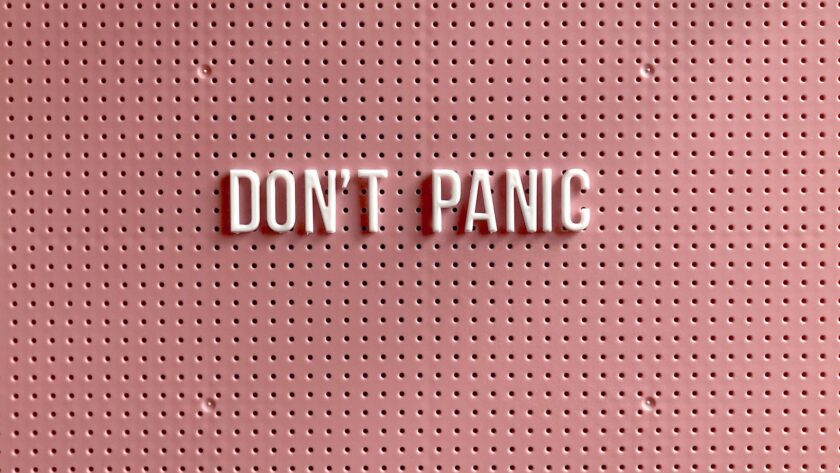If you’re reading this, you’re probably all too familiar with the feeling of a panic attack. That sudden, overwhelming sense of fear and anxiety can strike at any time, seemingly out of nowhere. It’s a feeling that can leave you feeling helpless and alone.
However, you’re not alone. Panic attacks are more common than you might think. This article explores how to cope with them.
Defining Panic Attacks
A panic attack is a sudden surge of physical and mental symptoms. It is accompanied by an intense feeling of fear or dread. Panic attacks can occur unexpectedly or be brought on by a trigger, such as a specific phobia or situation. If you need support, you can speak with changefutures.org.au.
Most people who have panic attacks experience multiple attacks. They often happen without warning and may peak within 10 minutes. After a panic attack subsides, people may feel exhausted, shaken, and anxious. Some may have trouble breathing and feel like they are choking or having a heart attack.
The Causes of Panic Attacks
While the exact cause of panic attacks is not fully understood, it is thought to be a combination of genetic and environmental factors. Panic disorder may run in families, but it can also be triggered by traumatic events. Studies have also shown that people with certain medical conditions are more likely to experience panic attacks, such as those with heart conditions or who have had a previous heart attack.
The Physical Symptoms of Panic Attacks Can Include:
- Heart palpitations or a racing heart
- Sweating
- Trembling or shaking
- Shortness of breath or a feeling of being smothered
- Feeling of choking
- Chest pain or discomfort
- Nausea or stomach cramps
- Dizziness, light-headedness, or faintness
- Fear of losing control or “going crazy”
- Fear of dying
The Effects of Panic Attacks
Panic attacks can have many different effects on the sufferer. For some people, a panic attack may be one of the most terrifying experiences of their life. The physical symptoms of a panic attack can be very intense and overwhelming, making it hard to believe that they are not actually in danger.
If you suffer from panic attacks, it is important to understand that you are not alone and there are treatments available that can help you manage your symptoms and live a full life.
How to Overcome Panic Attacks
There are things you can do to help ease your symptoms and get through a panic attack. The first step is to try to stay calm. This may seem impossible when panicking, but it’s important to remember that the attack will not last forever.
Deep breathing is another helpful technique for managing panic attacks. When we’re anxious, our breathing becomes shallower and faster, which can worsen symptoms. Instead, try to take slow, deep breaths through your nose and count to four as you inhale.
It can also help to focus on something else during a panic attack. This can be anything from repeating a mantra or positive affirmation in your head to focusing on an object in the room and studying it intently.
Panic attacks are scary, but they are also treatable. If you’re experiencing them frequently or they are interfering with your daily life, talk to a doctor or mental health professional about treatment options. With the right help, you can overcome panic attacks and live a normal, healthy life.




